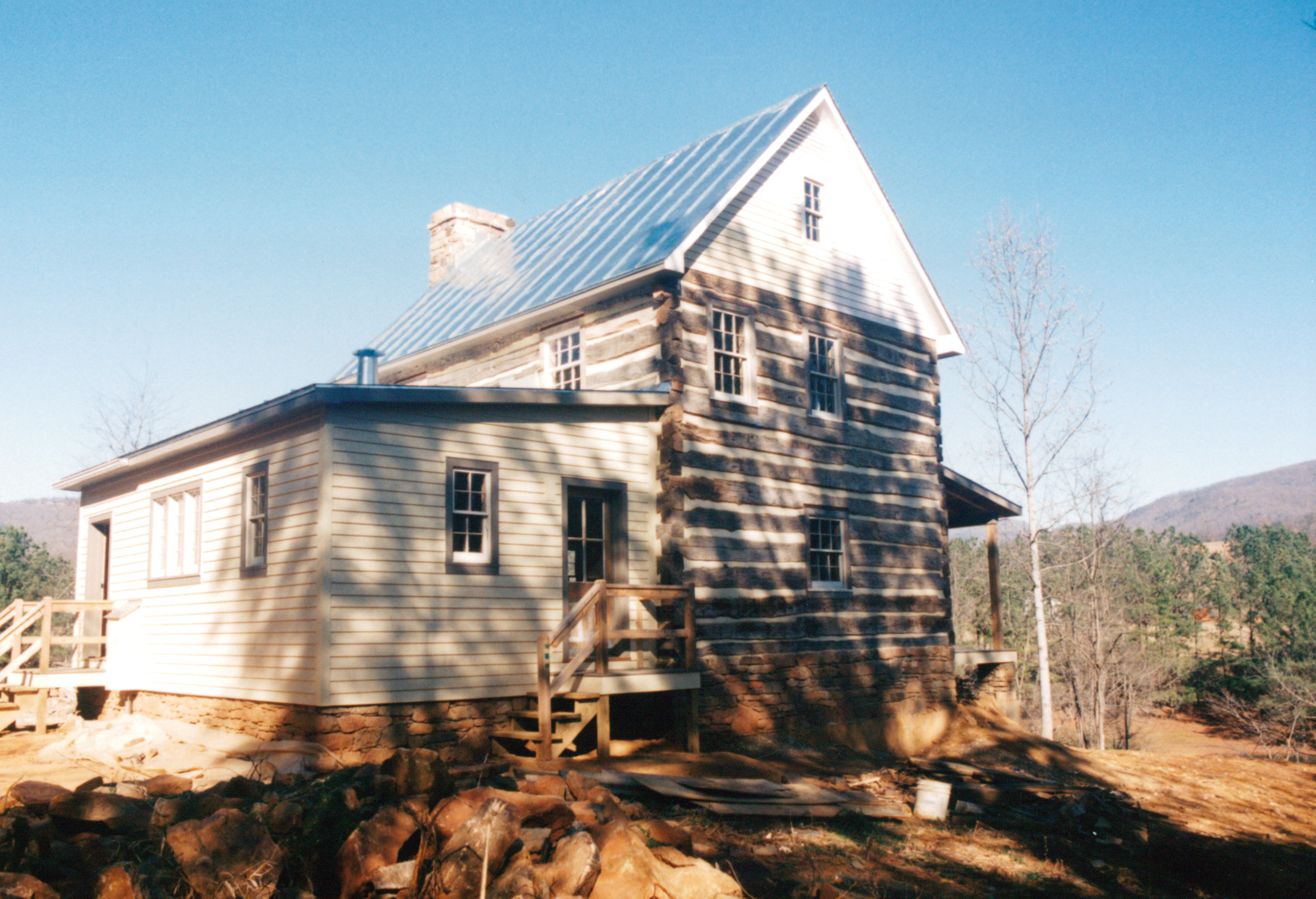

- #BUILDING A LOG CABIN REGULATIONS INSTALL#
- #BUILDING A LOG CABIN REGULATIONS FULL#
- #BUILDING A LOG CABIN REGULATIONS CODE#
However, you are not allowed to divert water beyond your land. It is legal to divert water on your property in West Virginia, such as by creating irrigation channels, so long as the diversion does not infringe on the rights of downstream riparian owners. In this case, the issue would be resolved in court. The main rule is that your water use cannot deprive your downstream neighbors of water. You are allowed to use water on or next to your property in West Virginia. This applies to both surface and underground water use. Water Use ReportingĪs of 2015, anyone withdrawing more than 300,000 gallons of water in any 30 day period in WV must report their water usage.
#BUILDING A LOG CABIN REGULATIONS FULL#
Read the full West Virginia Water Laws here. The only legal hurdle you may encounter is with stormwater laws and permitting when disturbing more than 1 acre of land. There are very few restrictions on how you can use water. Even though the State owns all of the navigable waters, it follows the law of riparian rights: you are legally allowed to use the water on or next to your property so long as you do not deprive other riparian owners of their rights. As a result, WV has very relaxed water rights rules. West Virginia is a water-rich state which rarely has serious droughts. You’ll likely have to get permission from the zoning board – and there is no guarantee that the authorities will be familiar enough with wind turbines to grant a permit. It seems that most counties in WV haven’t addressed wind turbines in their zoning codes at all, leaving turbines in a legal grey area.
#BUILDING A LOG CABIN REGULATIONS INSTALL#
If you want to install a residential wind turbine in West Virginia though, you will likely come across legal issues. There is net metering for grid-tied homes but no other state incentives for installing solar in WV. It is illegal for homeowners associations to prohibit solar. State and county rules make it fairly easy to get a permit for solar electricity systems. It is legal to disconnect from the grid in West Virginia and use off-grid power. Off-Grid Electricity Laws in West Virginia You can read the state definitions of mobile home vs. You will need a permit to transport a mobile home in WV. The minimum dwelling size regulations can also make it impossible to live in a mobile home in many parts of WV. Many places only allow mobile homes in special mobile home park zones. However, you could still encounter issues with zoning laws. It is legal to live in a mobile home in WV, but only if the mobile home has been “permanently affixed to real property.” This generally means it will need a sewage connection. Over in Hardy County, dwellings in R districts must have at least 800 square feet. These homes are only allowed in areas zoned as Agriculture or Rural but not legal in Residential zones. The smallest allowed dwelling (Class C) is at least 400 square feet. For example, Putnam County zoning law divides houses into classes. Many areas of West Virginia have laws that make it illegal to live in a tiny home.
#BUILDING A LOG CABIN REGULATIONS CODE#
2015 International Swimming Pool & Spa Code.2015 International Property Maintenance Code.2015 International Existing Building Code.2009 International Energy Conservation Code.West Virginia Building CodesĮven though many rural counties do not enforce the codes, there are numerous state building codes you must follow in WV. You’ll need to do detailed research into an area to figure out what is allowed and what isn’t under the regulations. While these areas tend to have fewer regulations, they can still fall under zoning laws. Note that about 40% of West Virginia areas are unincorporated. Not only do these zoning laws establish lot sizes and setbacks, but they can limit what types of businesses you can run from your home, whether you can farm and how many animals you can keep. Local zoning laws are what ultimately determine whether you can go off-grid legally in West Virginia. West Virginia Zoning Laws and Off-Grid Living You may have trouble getting permits for some off-grid systems, such as a latrine or wind turbines, but the laws do not specifically forbid them.

The only laws which may prohibit you from going completely off the grid are local ones that require you to connect to the municipal sewer system if it is located nearby. Living off-grid is usually legal in West Virginia. Is Living Off-Grid Legal in West Virginia?


 0 kommentar(er)
0 kommentar(er)
